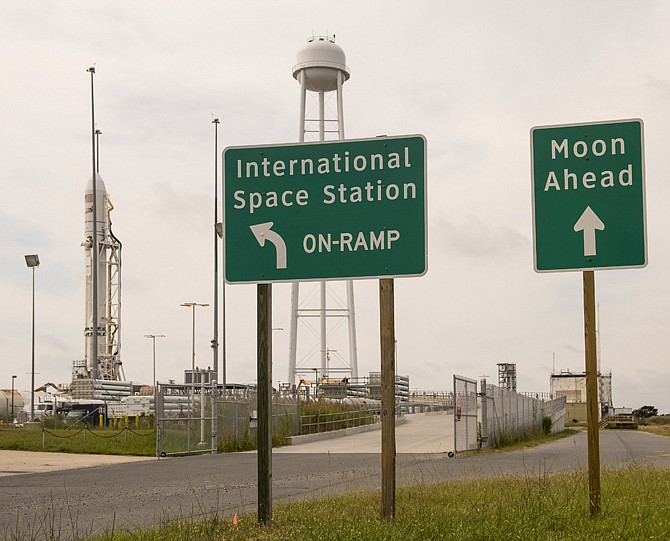A Virginia company is all set to make its first-ever supply run to the International Space Station.
On the eve of its premiere rendezvous mission, Orbital Sciences Corp. said everything looked good for Wednesday's launch from Virginia's Eastern Shore.
An unmanned Antares rocket was scheduled to blast off from NASA's Wallops Island Facility at 9:50 a.m. CDT, carrying 1,300 pounds of food, clothes and other items as part of a test flight. A Sunday delivery is planned.
A launch demo of the rocket in April went well.
If this latest mission succeeds, Orbital Sciences will start launching more Cygnus cargo ships under a $1.9 billion contract with NASA. The commercial effort began more than five years ago.
The California-based SpaceX already is shipping goods from Cape Canaveral, Fla., under a separate $1.6 billion contract. Its first trip was in May last year.
Formally known as Space Exploration Technologies Corp., the company founded by billionaire Elon Musk of PayPal fame has the only unmanned vessel capable of returning space station items to Earth. The SpaceX Dragon parachutes into the Pacific off the Southern California coast.
The smaller Cygnus capsule will be filled with space station trash following its monthlong visit and burn up upon descent. That's the same fate as the Russian, European and Japanese supply ships.
NASA is looking to private U.S. industry to keep the space station stocked in the post-shuttle era. It's also putting seed money into SpaceX and other companies for development of a manned capsule. That's still years away, so NASA will continue to buy rides for its astronauts on Russian rockets. One American will be aboard the Soyuz capsule due to take off next week from Kazakhstan, along with two Russians. The trio will double the station population to its normal six.
Wallops was in the spotlight earlier this month. On Sept. 6, NASA launched a robotic explorer, named LADEE, to the moon. It's still en route. Orbital Sciences provided the Minotaur V rocket used in the moonshot.

